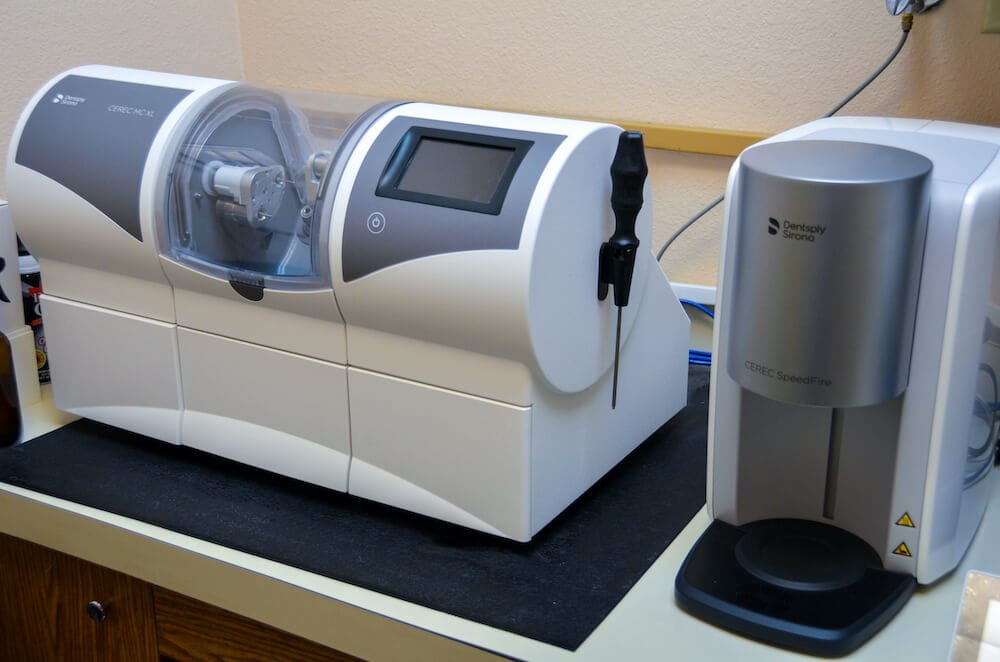
Maintaining good oral health is essential for a beautiful smile and overall well-being. However, various dental issues can arise over time, leading to discomfort, pain, or even the need for restorative procedures. One of the most common treatments recommended by dentists is a dental crown. Dental crowns are versatile solutions used to restore the function and appearance of damaged teeth. But how do you know when you need a crown? At Tuan Pham DDS, serving Redlands, CA, we want to help you understand the signs that indicate it might be time for a crown procedure.
1. Severe Tooth Decay
Tooth decay is one of the most common reasons people need a dental crown. When a cavity becomes too large for a filling to effectively restore the tooth, a crown is often recommended. This is because a crown can cover the entire tooth, providing the necessary strength and protection to prevent further decay or damage. If you’ve been experiencing persistent tooth pain or sensitivity, it could be a sign of severe decay that might require a crown.
This article from Colgate provides more information on how tooth decay can lead to the need for a crown.
2. Cracked or Broken Teeth
Accidents happen, and sometimes teeth can crack or break due to trauma or biting down on something hard. When this occurs, the structural integrity of the tooth is compromised, and a crown may be necessary to restore it. Crowns provide a durable solution that not only protects the damaged tooth but also restores its natural shape and appearance. If you notice a crack or break in your tooth, it’s essential to seek dental care promptly to avoid further complications.
3. After a Root Canal
Root canal therapy is a standard procedure for treating infections deep within a tooth. While this treatment effectively saves the tooth, it can leave the tooth weaker and more susceptible to fractures. To reinforce the tooth and ensure it remains functional, a crown is often placed after a root canal. The crown is a protective barrier, allowing you to chew and bite without worry.
4. Worn-Down Teeth
Teeth can wear down over time due to factors such as grinding (bruxism), acid erosion, or age-related wear. When teeth become significantly worn down, they can lose their functionality and aesthetics. A crown can be used to restore the original shape and size of the tooth, improving both appearance and function. If your teeth appear shorter or you’ve noticed increased sensitivity, it might be time to consider a crown.
Read this article from WebMD for more insights on dental crowns.
5. Large Fillings That Compromise Tooth Structure
If you have large fillings in your teeth, they can weaken the remaining tooth structure over time. Sometimes, the tooth may become so compromised that a crown is necessary to provide adequate support and prevent fractures. Crowns can encapsulate the entire tooth, offering a long-term solution that preserves the tooth’s integrity and function.
6. Discolored or Misshapen Teeth
In addition to restoring function, crowns are also used for cosmetic purposes. If you have a tooth that is severely discolored or misshapen, a crown can be placed to improve its appearance. Dental crowns can be made from materials that closely match the color and texture of your natural teeth, providing a seamless and aesthetically pleasing result.
7. Tooth Pain and Sensitivity
Persistent tooth pain or sensitivity, especially when chewing or drinking hot or cold beverages, can be a sign of a damaged tooth needing a crown. This discomfort could be due to cracks, fractures, or significant decay that has reached the nerve. A crown can help alleviate pain by protecting the damaged tooth and providing a stable surface for chewing.
8. Gaps Between Teeth After Dental Procedures
Sometimes after dental procedures like fillings or root canals, gaps can develop between the treated tooth and the adjacent teeth. These gaps can trap food particles and bacteria, leading to further decay or gum issues. A crown can help close these gaps, ensuring a better fit and reducing the risk of future dental problems.
9. Support for Dental Bridges
Dental bridges replace missing teeth by anchoring them to adjacent teeth. These anchor teeth, also known as abutments, often require crowns to strengthen and support the bridge. If you’re getting a dental bridge, your dentist may recommend crowns for the abutment teeth to ensure a secure and durable restoration.
Tuan Pham DDS Offers Professional Crown Procedures in Redlands, CA
Recognizing the signs that you may need a dental crown can help you take proactive steps to maintain oral health. At Tuan Pham DDS, we provide expert crown procedures to restore and protect your teeth. Serving Redlands, CA, our team is dedicated to ensuring your smile remains healthy and beautiful.


